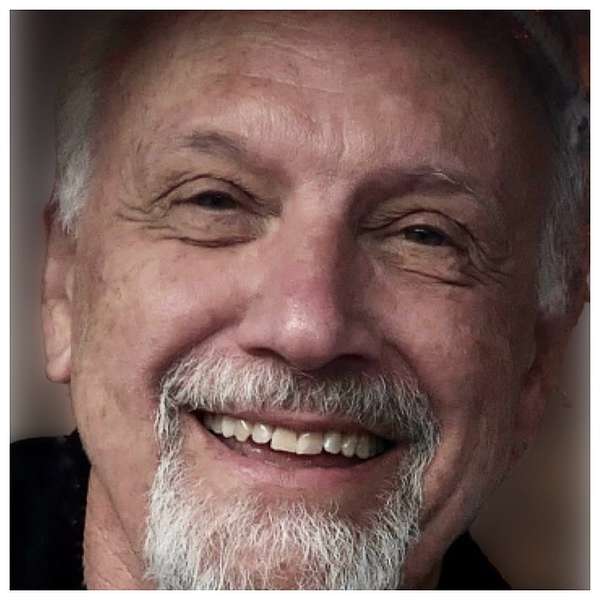
The Battles We Pick
What can we learn about making social and political change from talking to professional change-makers? This work takes a combination of persistence, shrewdness, and luck. On the Battles We Pick podcast, skilled advocates and organizers talk about how they deal with the various challenges they confront.
Theme music by generous permission of recording artist Stephen.
The Battles We Pick
Strategist and philanthropic adviser Richard Healey on cues progressives sould take from the military's strategic principles
The podcast's tenth episode was a reunion with the former executive director of the group where I was an intern right after college. Richard Healey was executive director of not only the Coalition for a New Foreign and Military Policy but also the Institute for Policy Studies as well as founding director more recently of the Grassroots Power Project. In fact, Richard's career as an organizer goes back six decades to his involvement in the civil rights and anti-Vietnam War movements.
I was spurred to reconnect with Richard by his recent fascinating Stanford Social Innovation Review article on the lessons the progressive movement can learn from how the military does strategy. His central point is especially apt for a podcast called The Battles We Pick. Richard stresses the need to be clear not just about our battles, but crucially the larger wars those battles are part of. As the old saying goes, you can win the battles and still lose the war.
When it comes to incremental changers versus major transformation, Richard makes a persuasive case for "both / and." On the transformation side, he says progressives should think in terms of goals for decades in the future. "But then we back-cast and ask, if you want to achieve those in 40 years, then what are the big major steps that would have to have happened in ten years to be plausibly moving us toward the 40-year goals?" Richard pointed to Working Families Party leader Maurice Mitchell as a good spokesperson for this approach.
